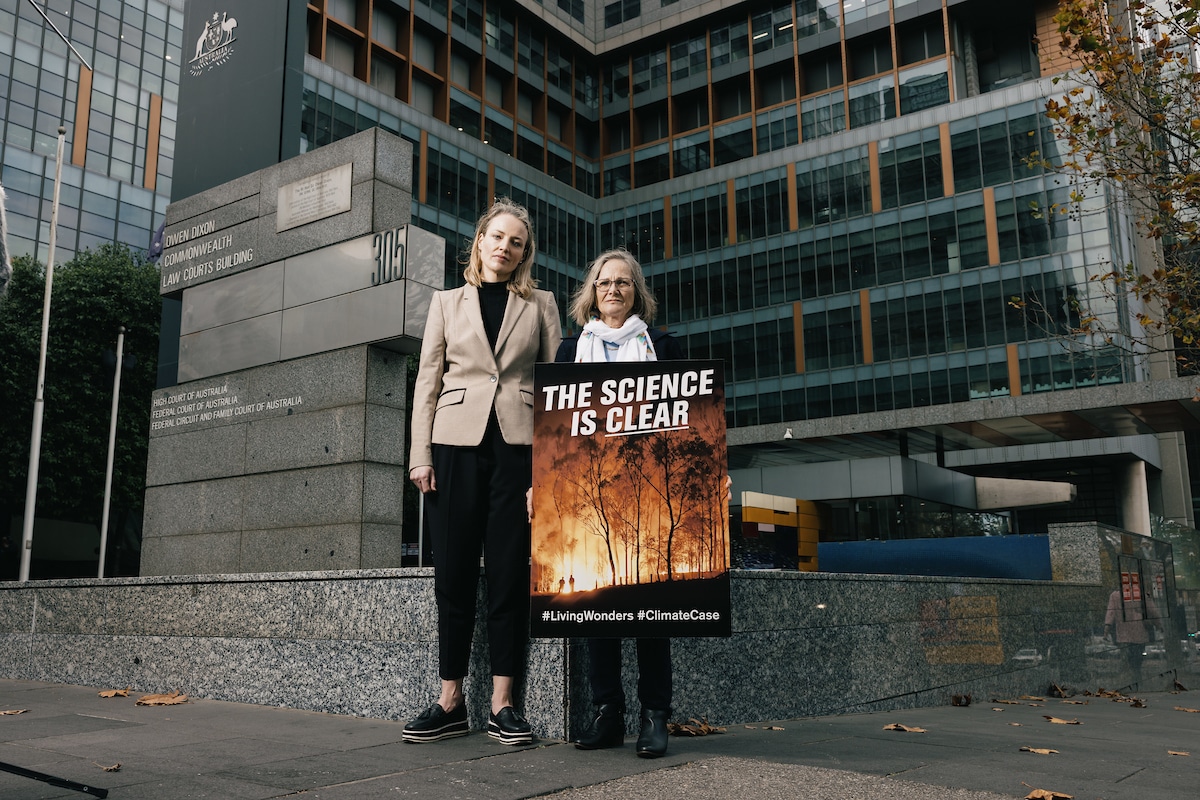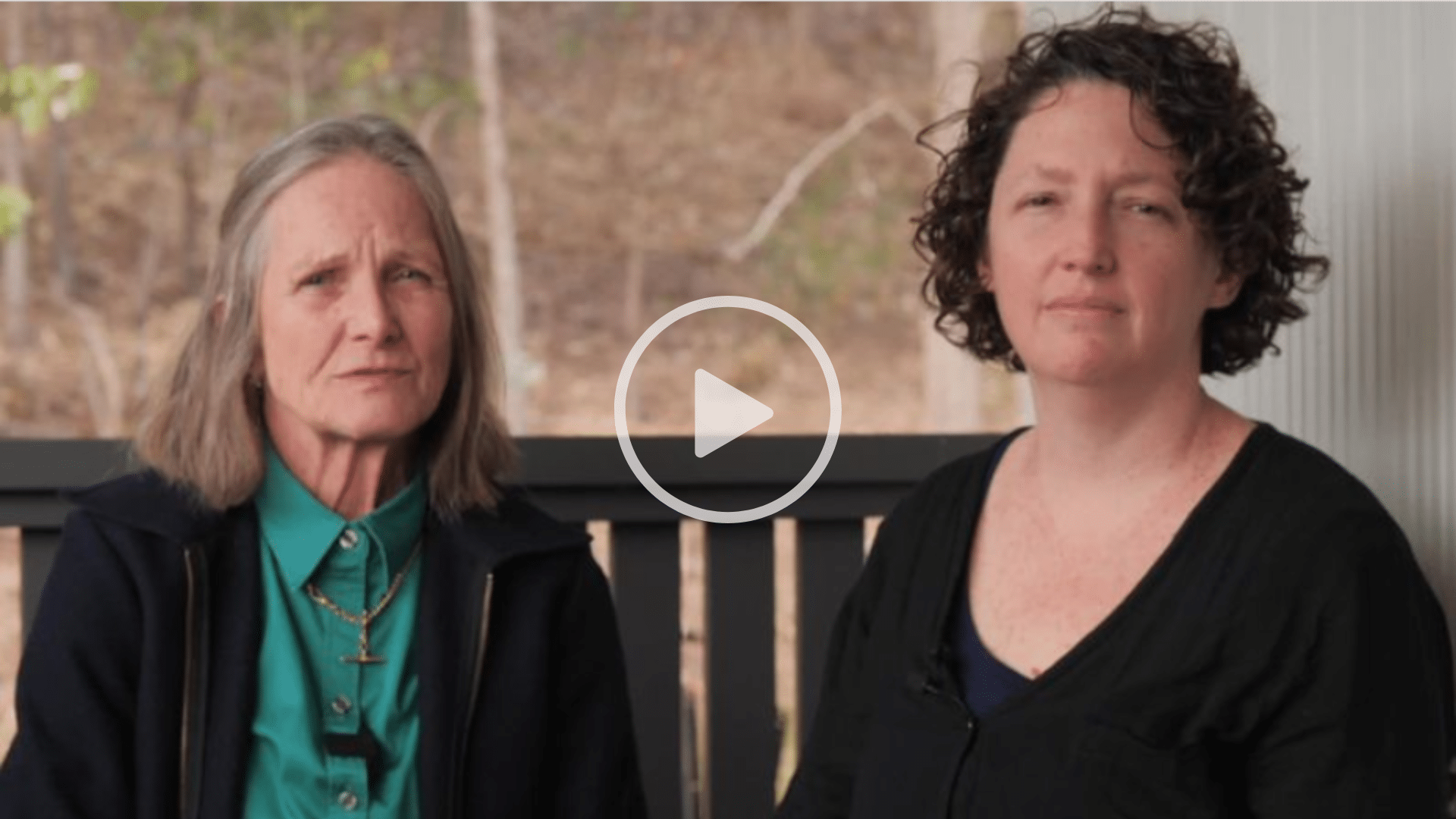The Environment Council of Central Queensland went all the way to the High Court to challenge the Australian Environment Minister’s refusal to scrutinise new coal and gas projects for their climate harm.
Defending our living wonders from climate harm
A small volunteer environment group – the Environment Council of Central Queensland (ECoCeQ) – brought the fate and future of our Living Wonders before the Court.
Represented by Environmental Justice Australia, ECoCeQ argues the science is clear: new coal mine expansions like Whitehaven’s Narrabri and MACH’s Mount Pleasant pose a serious and irreversible threat to our climate and to thousands of threatened animals, plants and places across Australia.
For over two years, the community group has been in an epic legal battle to compel Australia’s Environment Minister to do her job of protecting our environment from the climate damage of coal and gas.
Before the full Federal Court, they argued Minister Plibersek acted unlawfully when she refused to accept the climate harm two huge coal mines are likely to cause, as outlined in thousands of scientific reports, including from the IPCC and her own department.
ECoCeQ’s application for special leave to the High Court was declined in August 2024, and the Environment Minister finally approved Whitehaven’s Narrabri and MACH’s Mount Pleasant in September 2024 without requiring assessment of their climate harm to our environment.
In December 2024, the Albanese Government refused to change the risk assessment of three more coal mine expansions, Boggabri coal mine expansion, Caval Ridge Mine Horse Pit Extension and Lake Vermont Meadowbrook Coal Mine Project, paving the way for their approval.
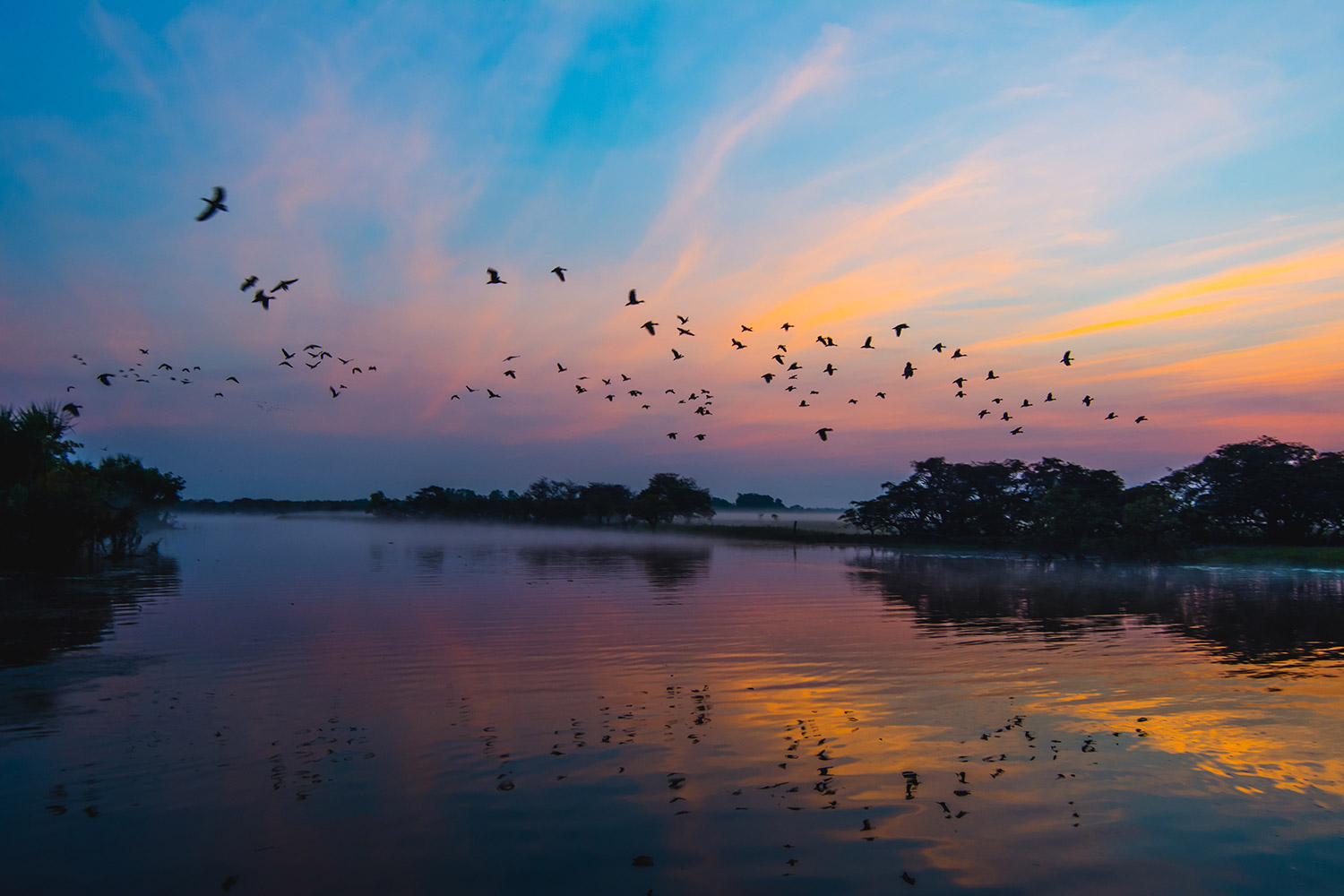
A kaleidoscope of living wonders
This continent is rich with animals, plants, places and ecosystems that are so extraordinary, they must be protected from harm.
Dozens of new coal and gas proposals
Burning fossil fuels is the biggest cause of climate breakdown. New coal mines and gas plants would have vast and irreversible consequences, especially for our living wonders.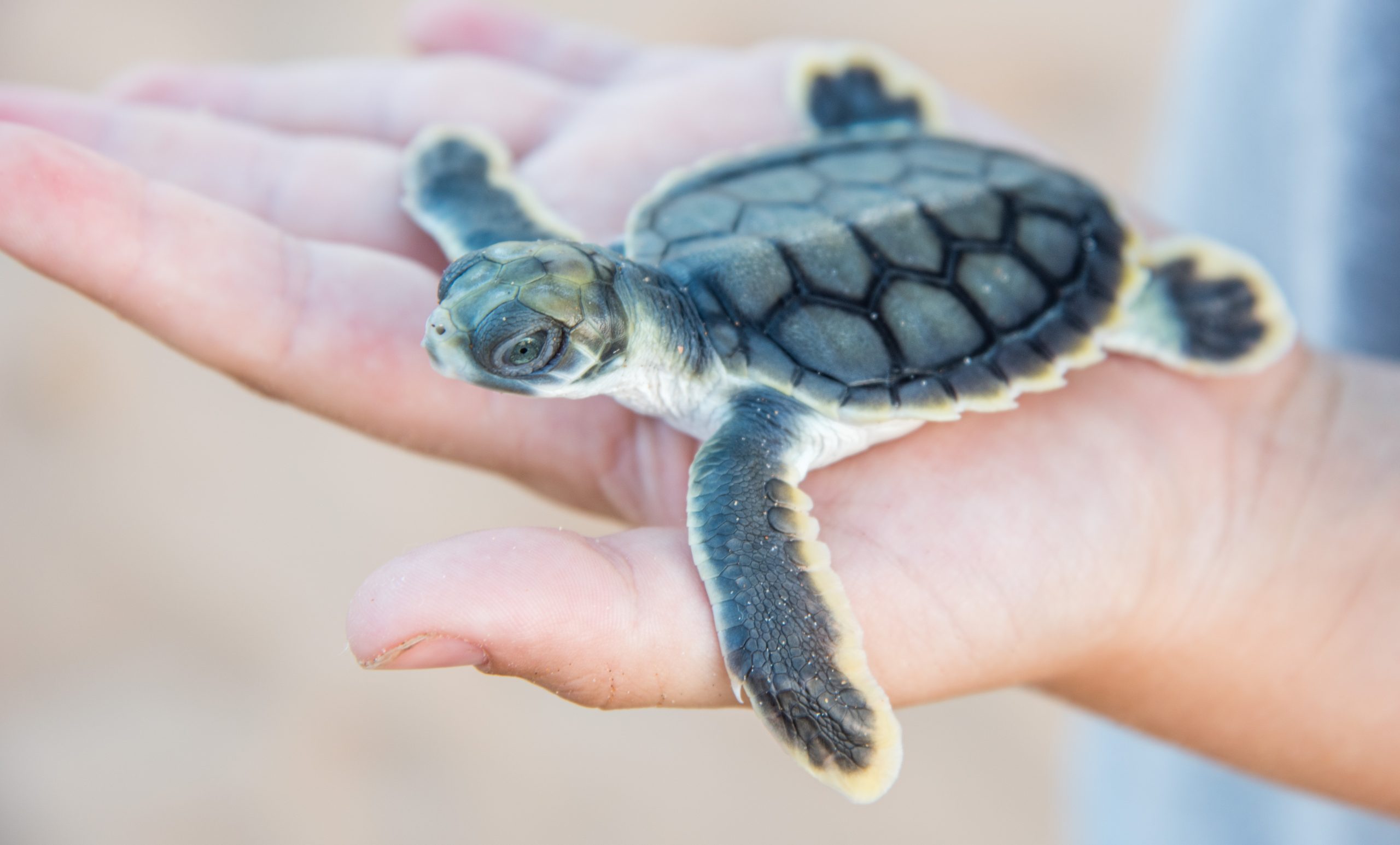
The future is up to us
The evidence is overwhelming, but the future is not yet written. Find out more about this landmark litigation and how it seeks to reshape environmental decision making in this country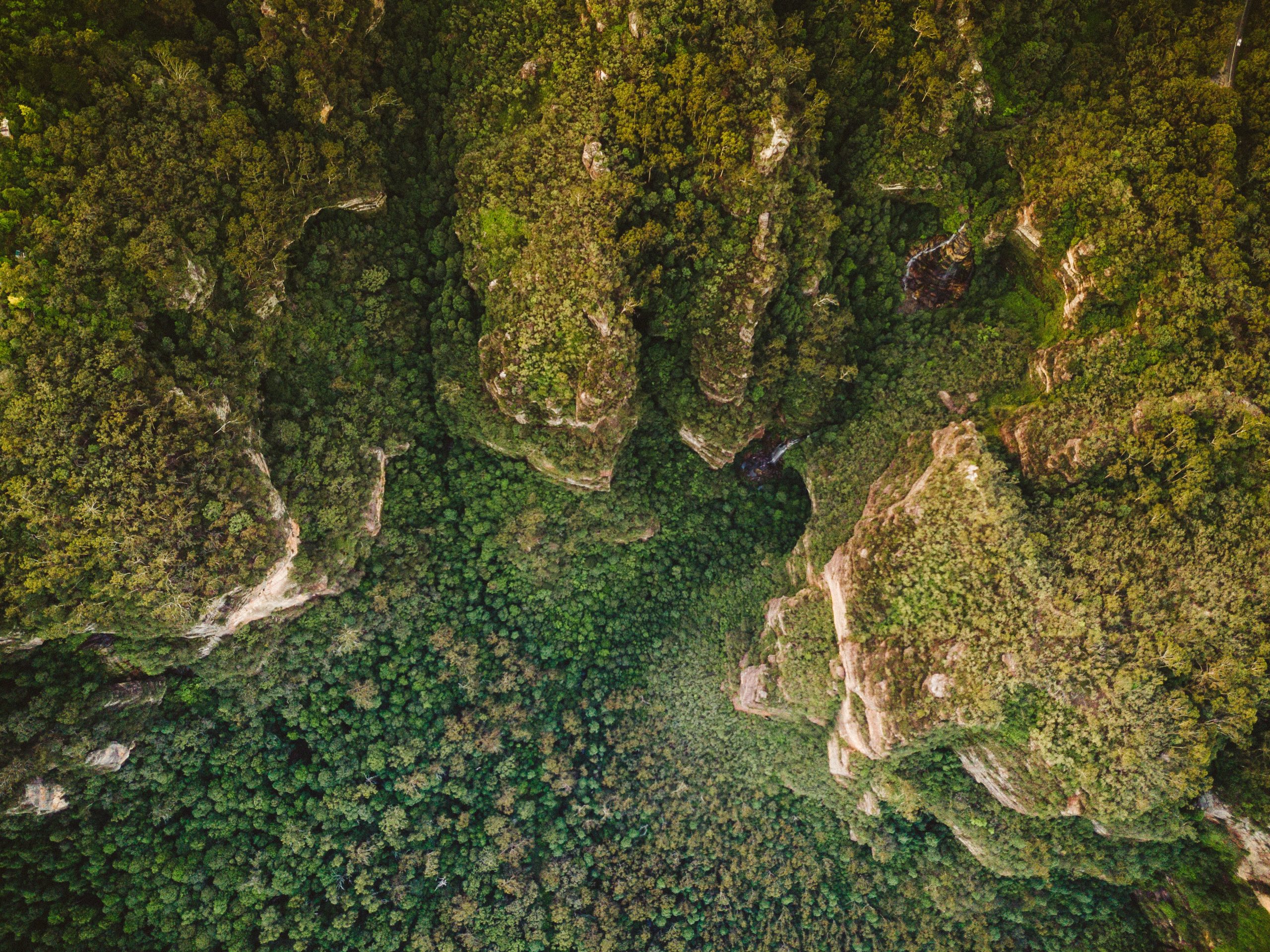
This is about all of us
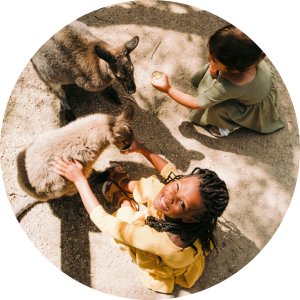
This is about all of us. Koalas and platypuses. Green turtles, dugongs and Tassie devils. Bilbies and bats and big old trees. It’s about birds that traverse the planet to nest in our internationally recognised wetlands, and whales that nurse their calves in our seas.
It’s about delicate alpine ecosystems, thunderous waterfalls, miraculous deserts and ochre-toned escarpments. It’s about the living cultural heritage of First Nations people. It’s about Kakadu. The Tarkine. The Reef.
And it’s about all the extraordinary animals, reptiles, birds, plants, heritage and places we want our children and their children to know and love.
These animals, plants and places are so iconic and unique, they are protected under Australia’s national environment law. Our environment minister, Tanya Plibersek, is legally obliged to keep them safe from harm.
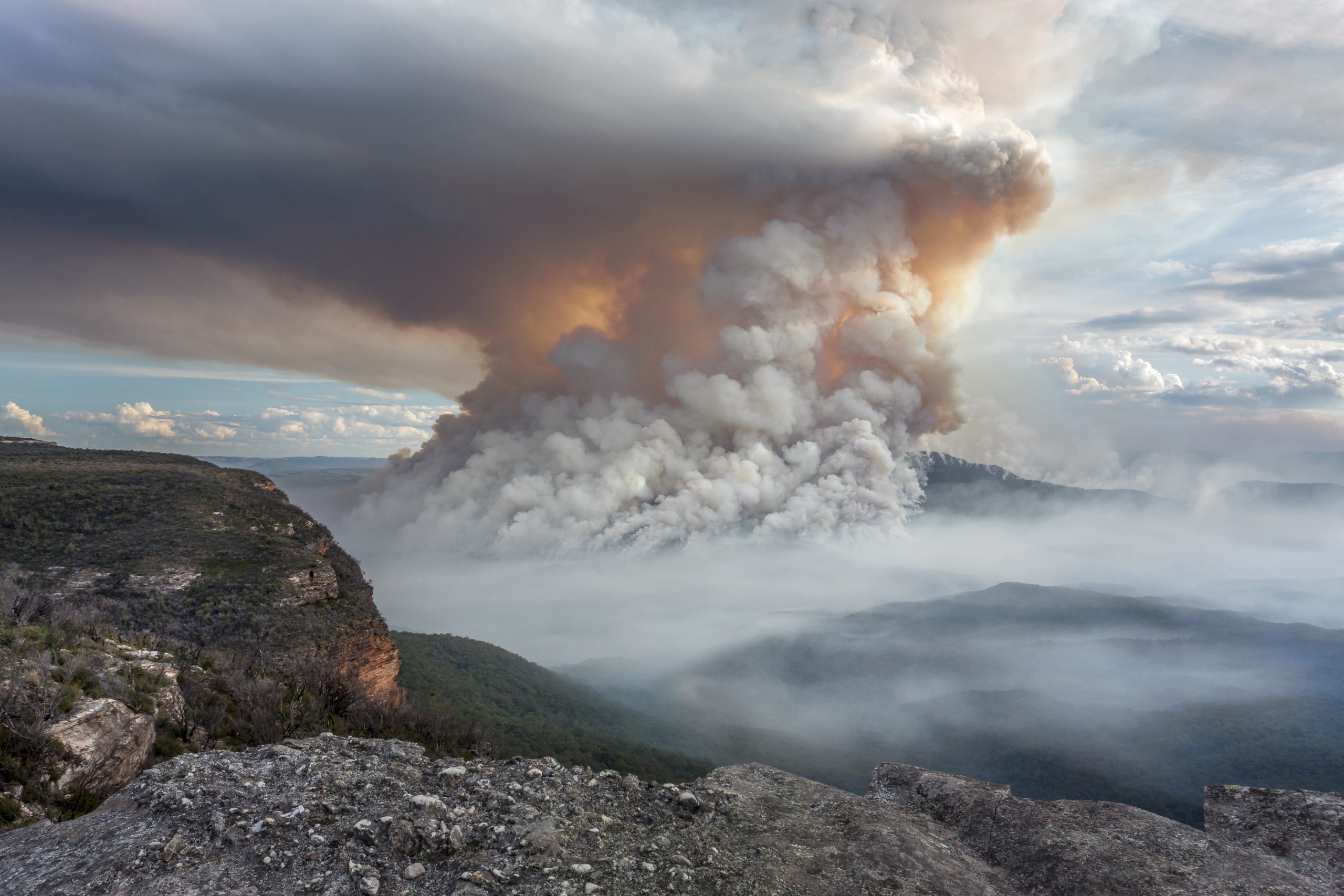
It’s time to face this
Our climate is breaking down. These new coal and gas proposals would make this already devastating situation much, much worse.
Australia already has one of the worst extinction records on Earth. Our reefs and river systems are collapsing. In many parts of Australia, even koalas are at risk of extinction.
But the future is not yet written. We are writing it now.
In July 2022, ECoCeQ submitted 19 legal requests and an enormous vault of evidence to Environment Minister Tanya Plibersek
This intervention compelled the Minister to reconsider nearly all of the new coal and gas proposals currently awaiting federal approval.
These projects – like Woodside’s North West Shelf and Whitehaven’s Narrabri coal mine expansion – would each have a vast and irreversible impact on our climate and devastate thousands of nationally significant animals, plants and places.
When Minister Plibersek accepted ECoCeQ’s reconsideration requests as valid, thousands of people across the continent wrote public comments about each project, calling on her to listen to the science and act.
However in May 2023, Minister Plibersek refused to act on the scientific evidence.
She decided the climate harms identified in thousands of pages of evidence are not relevant to her risk assessment for three huge coal mines: Mount Pleasant in the Upper Hunter Valley, Narrabri Coal Mine in NSW, and Ensham Queensland’s Bowen Basin.
ECoCeQ went all the way to the High Court to challenge the Australian Environment Minister’s refusal to scrutinise new coal and gas projects for their climate harm.
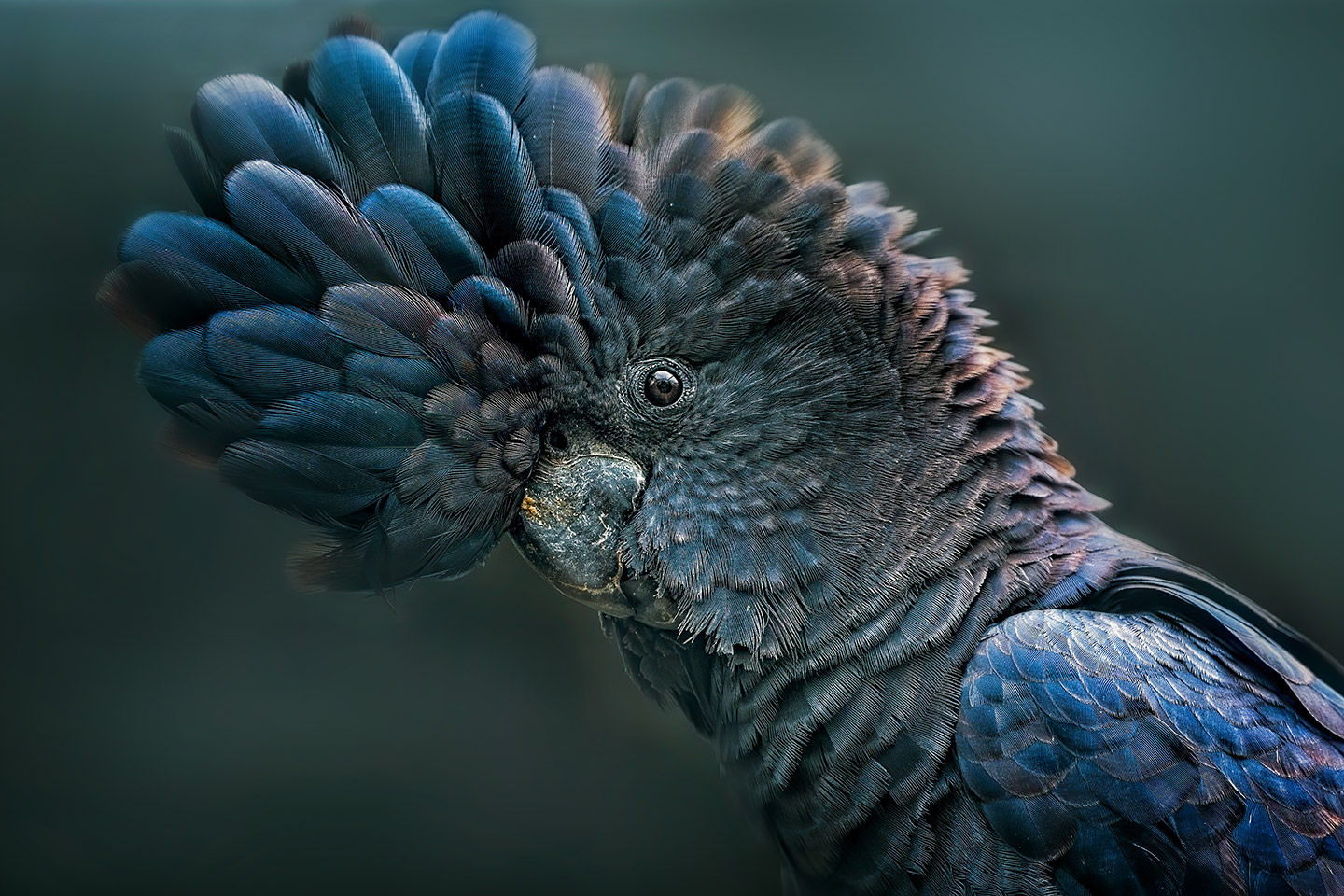
The volunteers from a small central Queensland environmental group would rather not go to court.
But they feel they have no choice. They are motivated by their love for our Living Wonders, and their terror as they watch bushfires, floods and heatwaves decimate them.
They are supported by a group of “Friends of Living Wonders”, including First Nations leaders, scientists, wildlife carers and young people.

